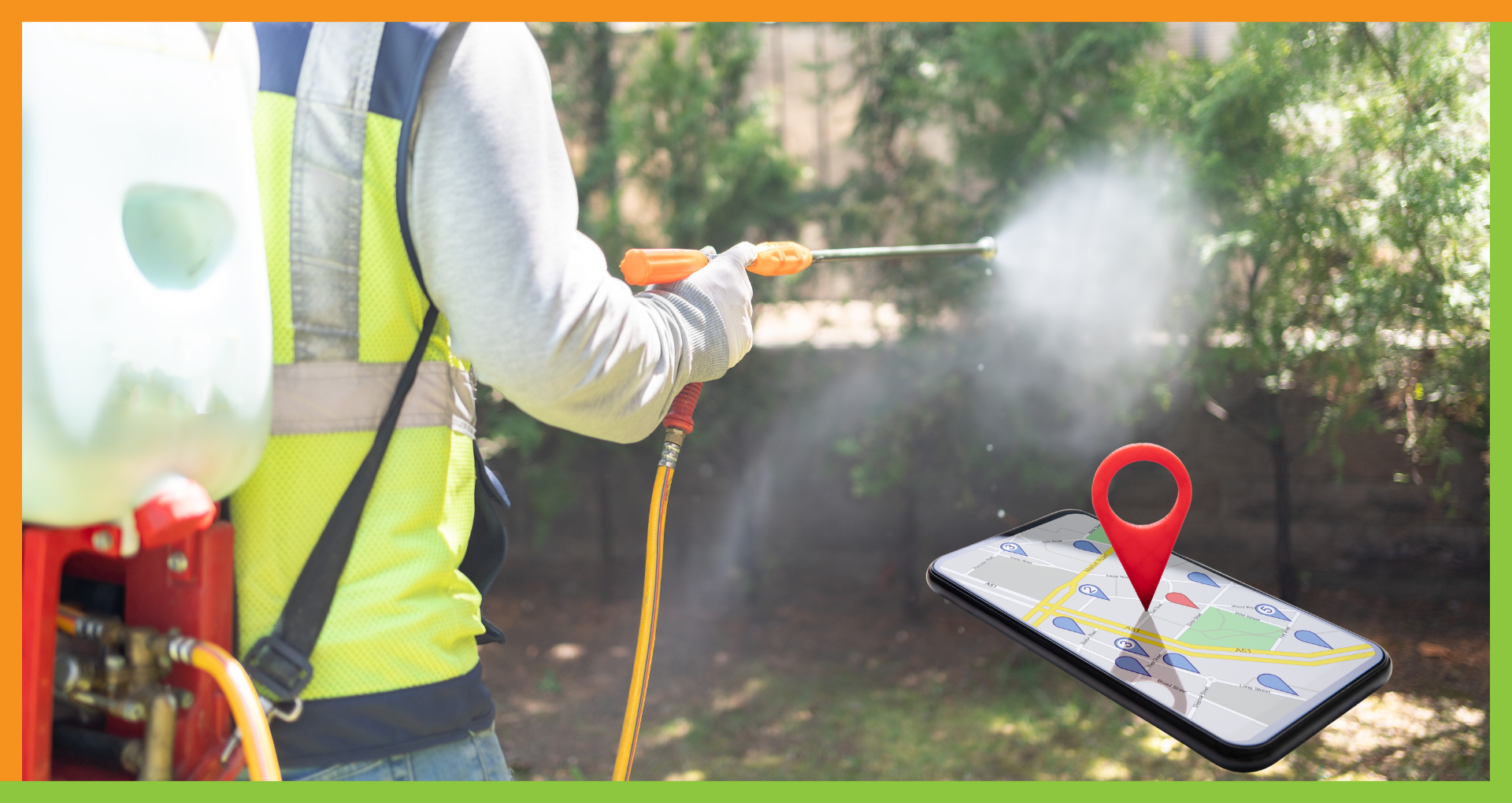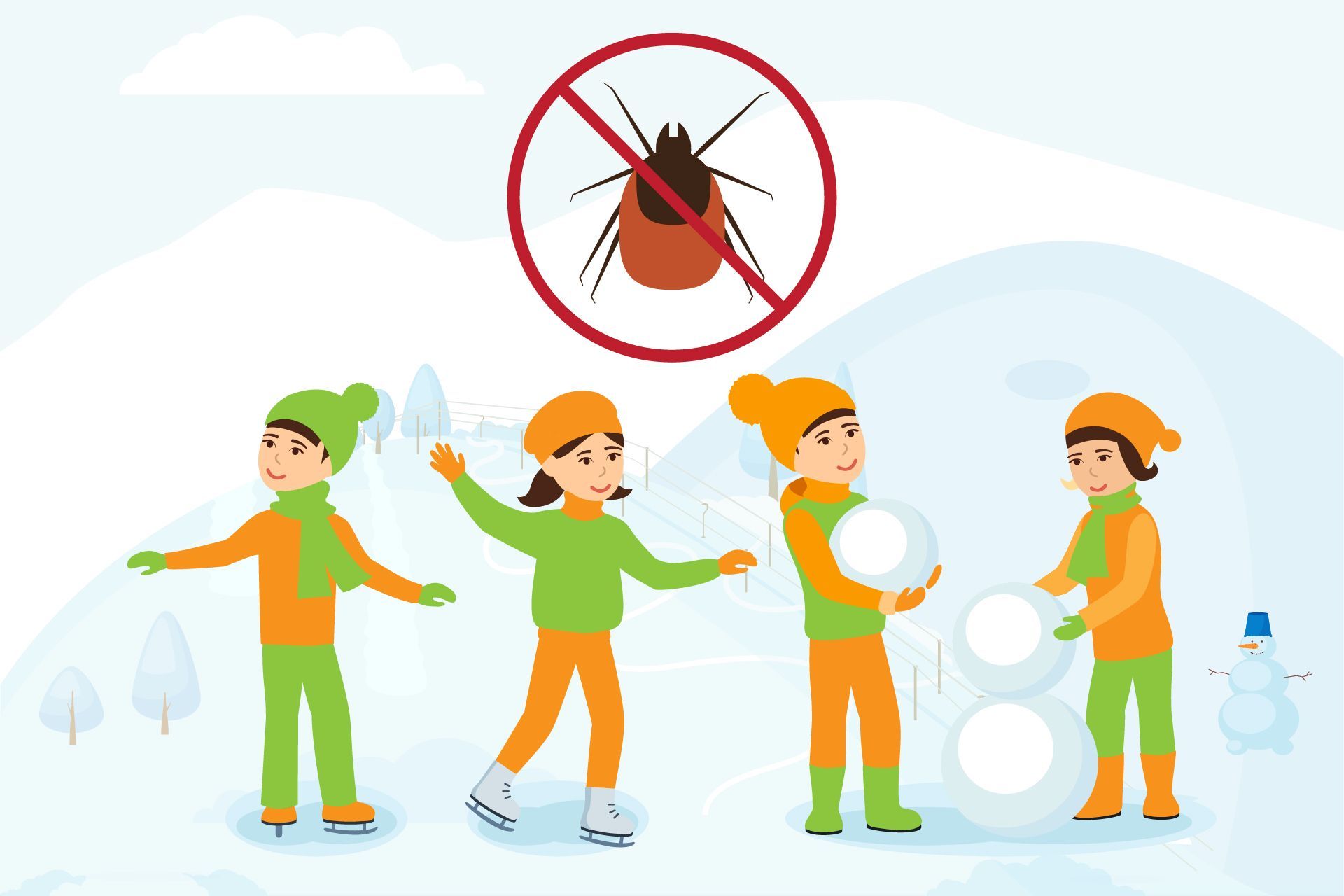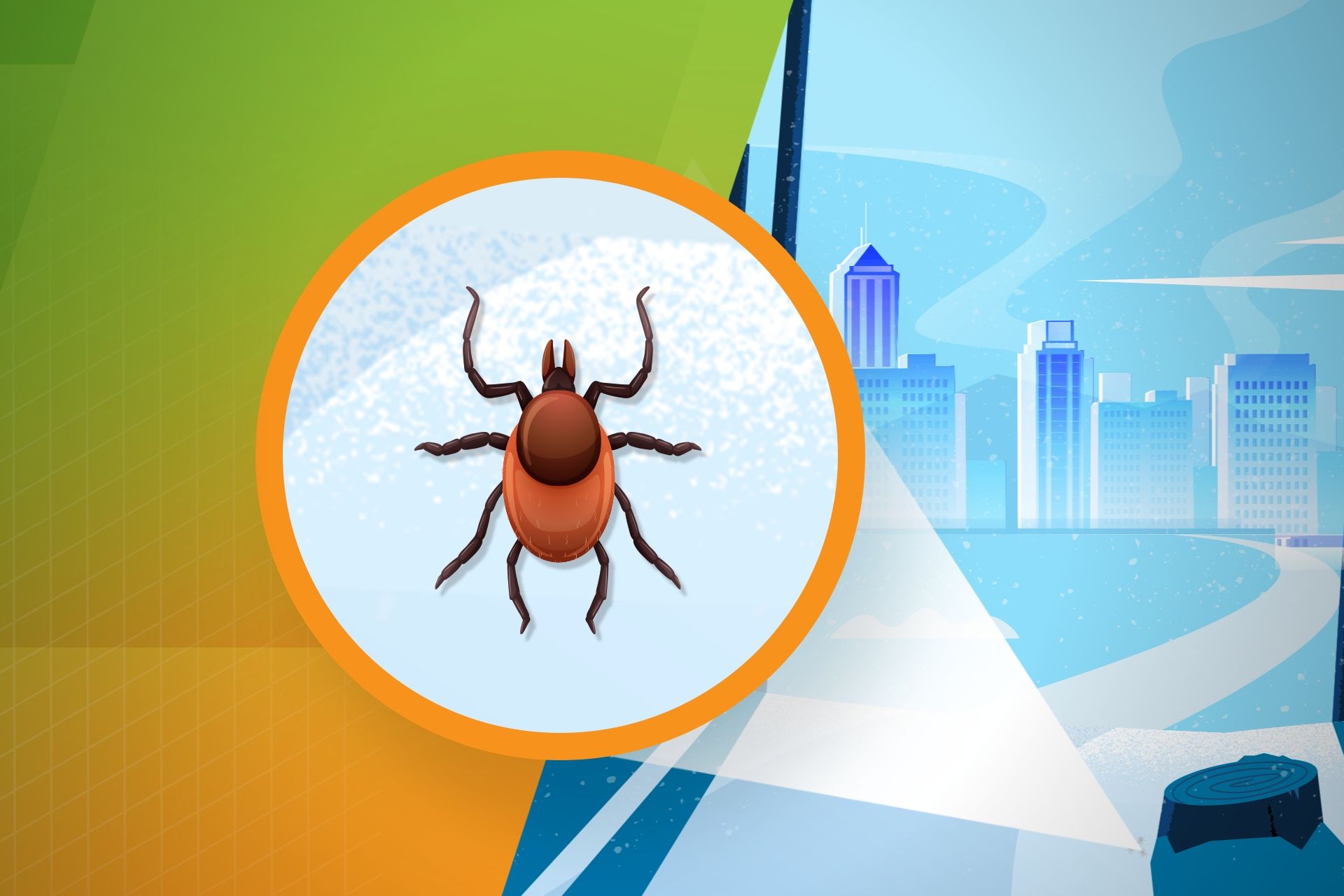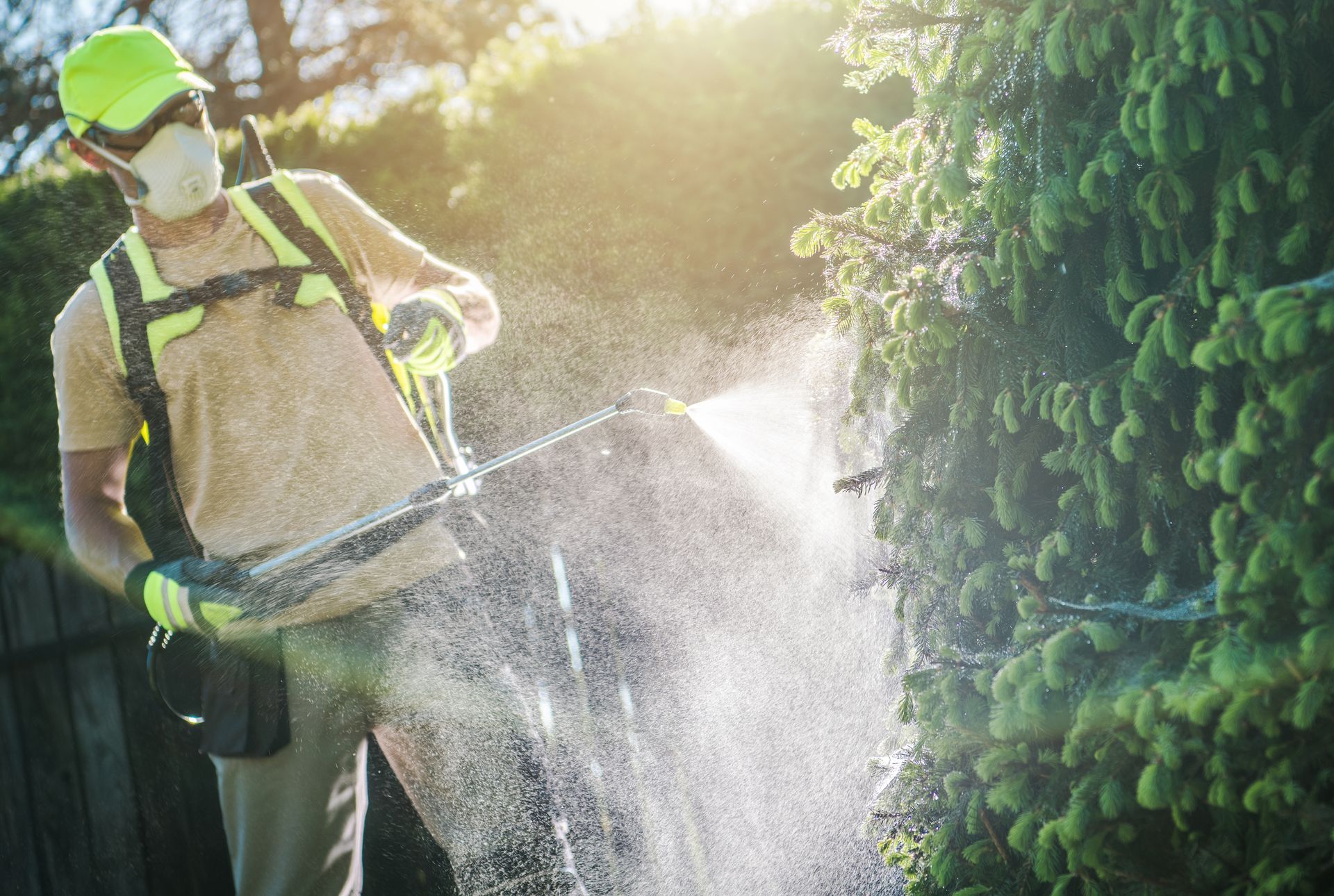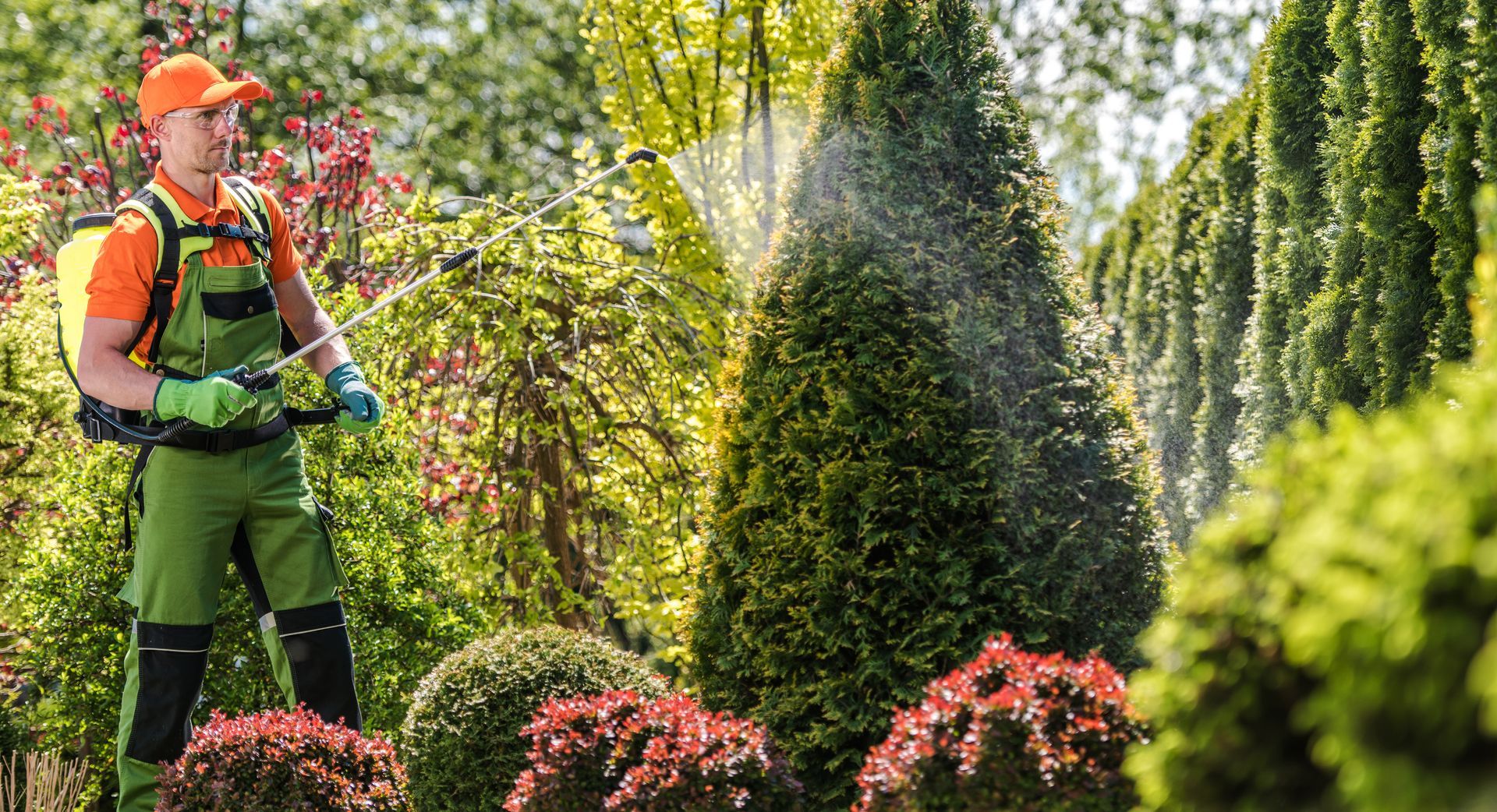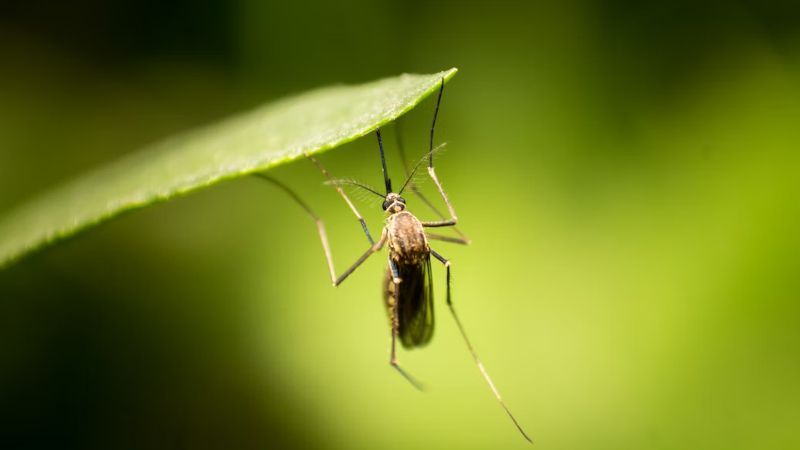Understanding Tick and Mosquito Habitats: Why Some New Jersey Yards Are More Susceptible
New Jersey is a beautiful place to live. With its natural beauty and diverse landscapes, it's perfect for residents who want a mix of both urban and country environments. Unfortunately, these landscapes are also a haven for some less than welcome guests: (that's right!) ticks and mosquitoes. And with the rising concern of tick and mosquito-borne diseases, understanding why certain yards are more susceptible is crucial for any New Jersey homeowner. In this article we are not only going to look at the reasons why some yards might have insect problems, but how to deal with it.
Some Basic Biology of Ticks and Mosquitoes
Both ticks and mosquitoes have life cycles and habits that are intricately tied to specific environmental conditions. Whether it’s standing water or dense brush, mosquitos and ticks need a place to lay their eggs. If the conditions are right, these eggs hatch as "larva" which grow into "nymphs/pupa", moving on into adulthood, and then finally onto you. So it's important to recognize what kind of environments they thrive in if you don't want your yard to be one. After all, who wants to accommodate unwelcome visitors!
Key Factors Making Some Yards More Attractive to Ticks and Mosquitoes
Moisture and Stagnant Water: Puddles, birdbaths, clogged gutters, and even discarded tires can all accumulate water. No big deal right? Actually, these make for prime mosquito breeding sites. Ticks also thrive in damp environments, though often found in wooded areas or overgrown portions of a yard.
Vegetation: Overgrown vegetation isn't just an eyesore. It also provides the perfect shelter and breeding ground for ticks. Similarly, mosquitoes seek refuge in tall grasses, shrubs, and bushes, especially during the hotter parts of the day.
Shade and Temperature: Direct sunlight isn't a friend to either of these pests. Shaded areas offer a cooler, more humid environment ideal for their survival. Hence, yards with significant shaded regions tend to experience higher tick and mosquito activity.
Animal and Bird Activity: Birds traveling through, or wildlife like deer and rodents, can carry ticks or mosquitos from afar; so if your yard is the place where the critters hang out, remember that they don’t come alone.
Specific Characteristics of New Jersey's Landscape That Contribute to Pests
New Jersey's diverse landscape, with its blend of woods, marshlands, and urban areas, creates unique challenges when it comes to insect prevention.
Proximity to Water: New Jersey is known for its extensive coastline, rivers, and wetlands. These water sources provide abundant breeding grounds for mosquitoes, particularly species that prefer standing water for their larval development.
Weather Variability: Another quality of New Jersey is its wide range of weather conditions–from hot, humid summers to cold winters. These fluctuations can influence the activity and life cycle of both mosquitoes and ticks, making it necessary to adapt control strategies.
Dense Forests: Outside of the busy cities, New Jersey has its fair share of dense woods, giving ticks the perfect environment to breed before making their way into populated areas.
How To Keep Ticks and Mosquitoes Out of Your Yard
Okay, now that we’ve looked at the facts, you’re probably wondering if there is any hope for getting rid of these pesky creatures. While nothing beats professional extermination, there are many things you can do to combat these pests, and it starts at home.
Eliminate Standing Water: Regularly check and empty containers that collect water. Ensure gutters are clean and draining properly.
Regular Lawn Maintenance: Keeping grass short and trimming vegetation can reduce hiding spots for these both mosquitoes and ticks.
Landscaping: Consider integrating plants known to repel mosquitoes, and create buffer zones with gravel or wood chips to deter ticks from migrating into recreational areas of your yard.
Protect Wildlife Areas: If you have bird baths or feeders, ensure they're positioned away from the home and regularly cleaned. For those in areas frequented by deer, consider deer-resistant plantings or fencing.
Contact Bite Guard with All Your Questions About Tick and Mosquito Control
Well, hopefully these tips help to minimize the presence of not only ticks and mosquitos, but other pesky insects too. Afterall, nobody likes sharing their living spaces with irritating and disease-carrying bugs. And if your yard remains a hotspot for ticks and mosquitoes despite your best efforts, don't fret. Learn more about
Bite Guard's Tick and Mosquito Control Package and how we can help safeguard your outdoor spaces!
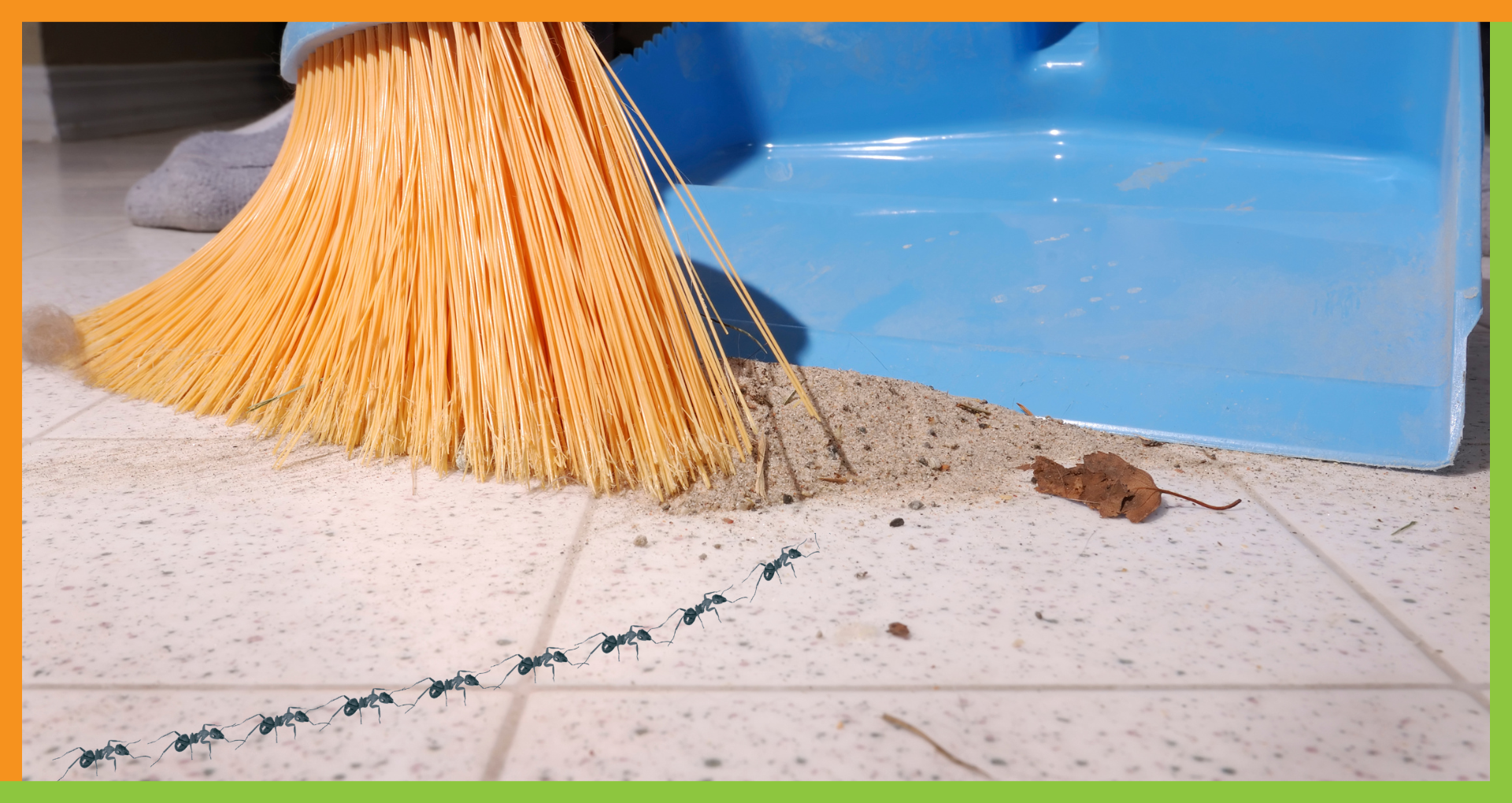
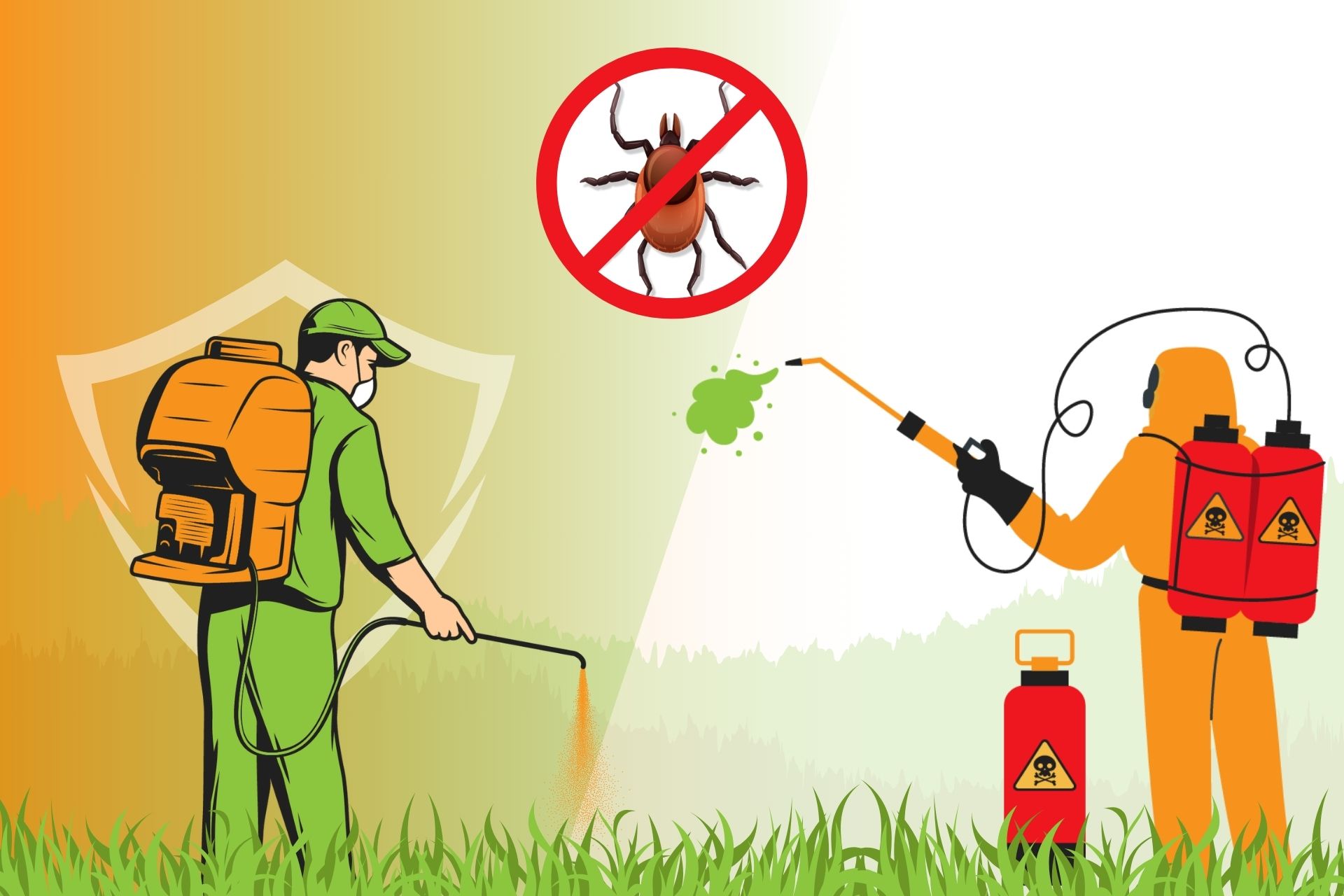
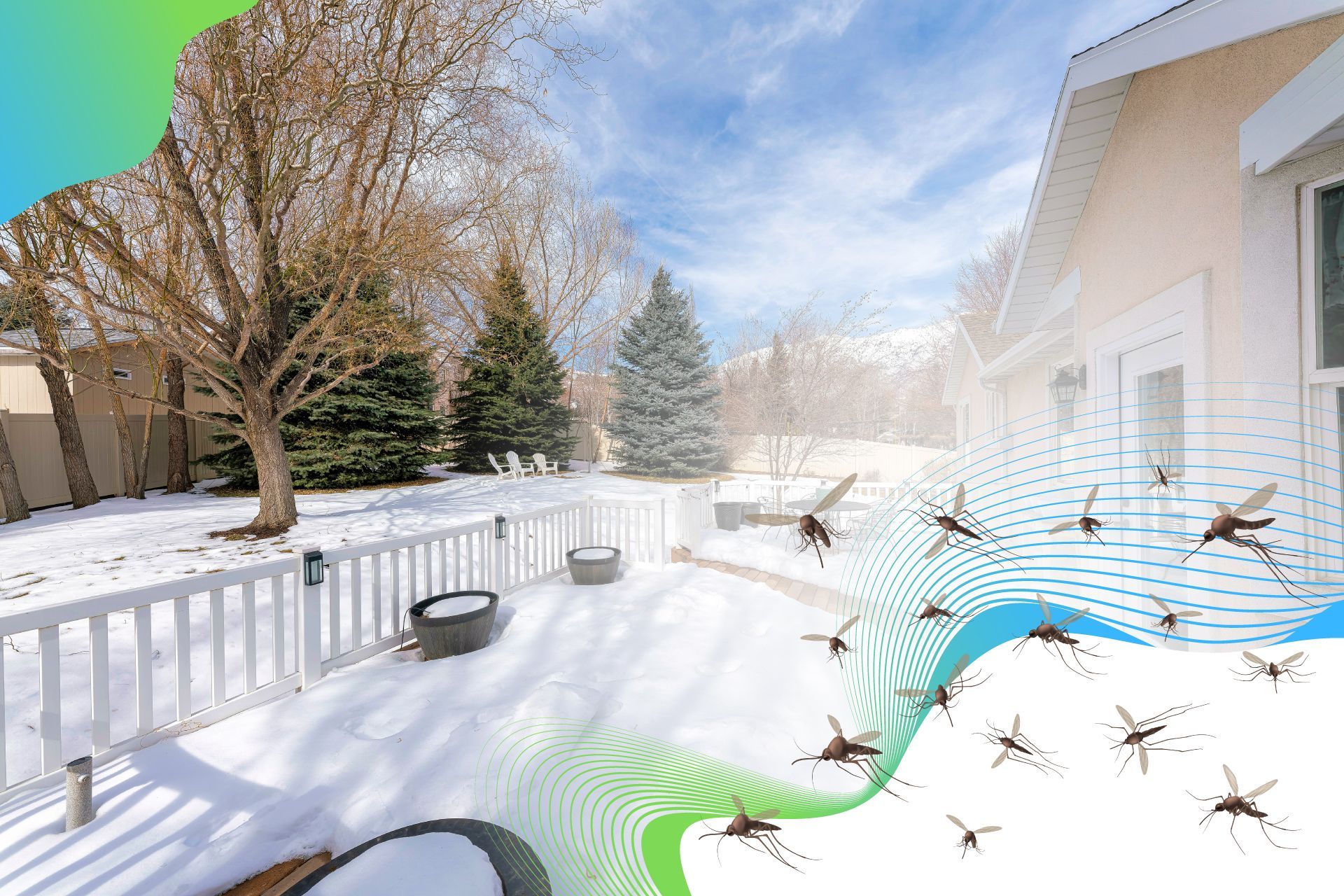
626 Park Road, #5
Cherry Hill, NJ 08034
130 Hickman Road, Ste 11
Claymont, DE 19703
1-833-924-7378
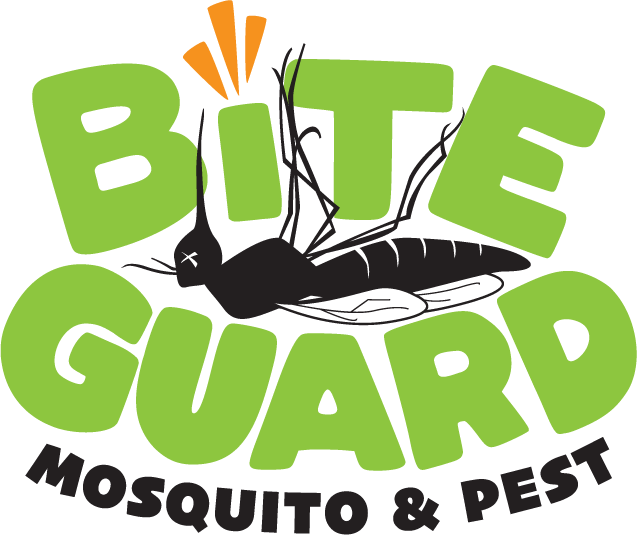
626 Park Road, #5
Cherry Hill, NJ 08034
130 Hickman Road, Ste 11
Claymont, DE 19703
1-833-9-BGPEST
1-833-924-7378
All Rights Reserved | Bite Guard Mosquito & Pest
